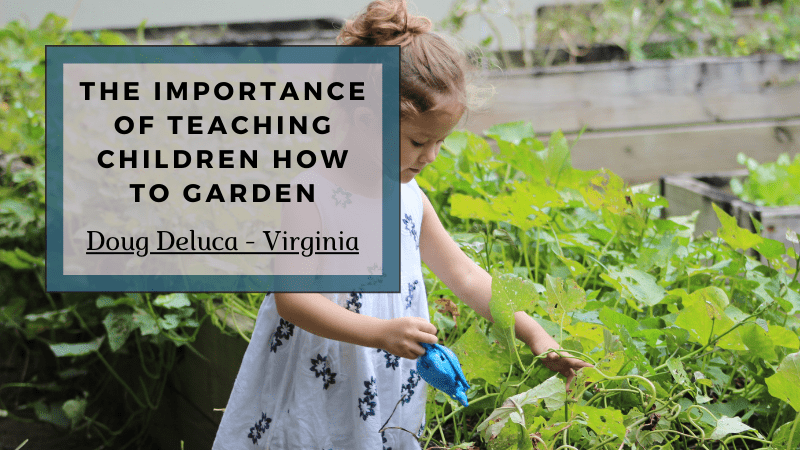
Children learn about the world in many different ways, and that includes getting hands-on experience. There’s no better way to learn about how fruits and vegetables grow than by growing them ourselves! Doing so with your children is an enjoyable- and beneficial- learning experience.
It’s an excellent sensory activity.
Planting a garden provides all sorts of sensory experiences- touch, taste, smell, sight, and sound. Allow your children to really explore the dirt and how it feels, smells, and looks. Certain seeds- like sunflower seeds- can be tasted. Have them identify sounds outside, like the birds chirping or the cars driving by.
They’re more likely to eat healthy.
Knowing you made something will make you more apt to try it. This is true for children, too. They’ll be so excited to try the fruits of their labor! This is also a great opportunity to get them in the kitchen and have them help prepare some of their own meals- another very important life skill.
It makes for a great science and math lesson.
Gardening creates an opportunity for conversations about a plant’s life cycle, and even the life cycle of other things found in the garden like worms and spiders. The science lesson possibilities are virtually endless when it comes to gardening. They can also practice counting seeds and measuring how much water each plant needs, which ties in a math lesson as well.
The whole family can get involved.
Having all hands on deck when it comes to gardening will not only make the task more enjoyable, it will also get it accomplished faster. Get the older siblings involved, grandparents, cousins- even neighbors. Consider building a community garden where everyone can enjoy the benefits of their hard work.
It teaches important life skills.
Aside from the obvious benefits of sensory, math, and science lessons, there are also benefits when it comes to developing some important life skills. Children will learn responsibility and how to take care of other living things. They’ll also learn how to stay organized when it comes to completing a project. Most importantly, they’ll learn how rewarding it is to work hard for something and enjoy the finished product at the end!

